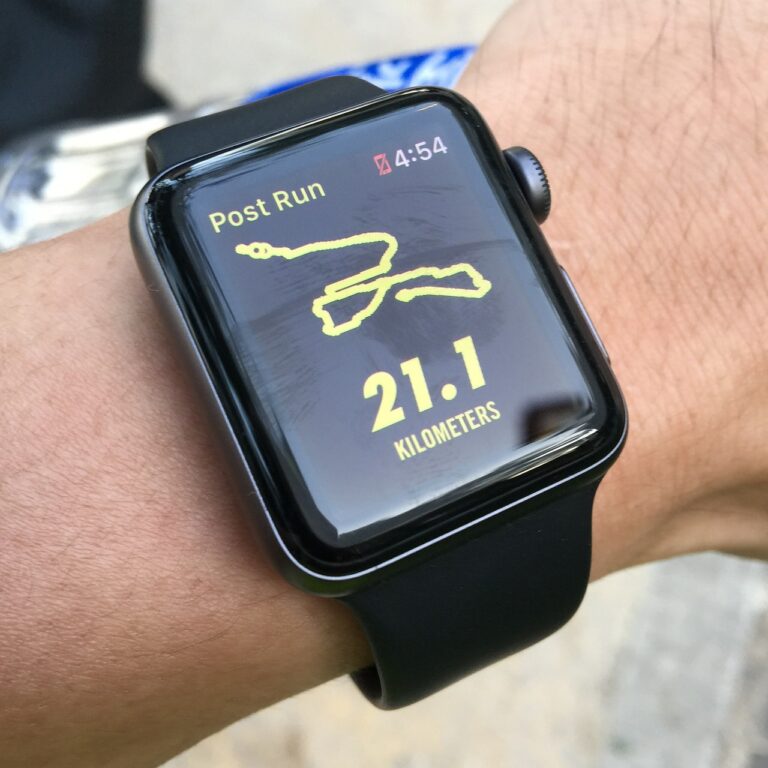Data Analytics and the Future of Education Technology: Allpaanel mahadev book, Laserbook247, Bat book 247
allpaanel mahadev book, laserbook247, bat book 247: Data analytics is revolutionizing the field of education technology, offering insights that can transform how students learn and educators teach. By harnessing the power of data, educational institutions can personalize learning experiences, identify areas for improvement, and make data-driven decisions to enhance student outcomes.
The Future of Data Analytics in Education Technology
1. Personalized Learning: Data analytics enables educators to create personalized learning paths for students based on their individual strengths, weaknesses, and learning styles. By analyzing data on student performance, educators can tailor instruction to meet each student’s specific needs, leading to better academic success.
2. Predictive Analytics: Predictive analytics uses historical data to forecast future trends and outcomes. In education technology, predictive analytics can help identify students who may be at risk of falling behind or dropping out, allowing educators to intervene early and provide targeted support.
3. Adaptive Learning Platforms: Adaptive learning platforms use data analytics to adjust the pace and content of instruction based on individual student performance. By analyzing real-time data on student engagement and progress, adaptive learning platforms can provide personalized feedback and resources to help students succeed.
4. Learning Analytics: Learning analytics leverage data to improve the effectiveness of teaching and learning practices. By analyzing data on student engagement, course performance, and assessment results, educators can identify trends and patterns that inform instructional design and delivery.
5. Student Success Initiatives: Data analytics can support student success initiatives by tracking student progress, identifying areas for improvement, and evaluating the impact of interventions. By analyzing data on student outcomes, educators can make informed decisions to enhance student retention and success.
FAQs
Q: How can data analytics benefit educational institutions?
A: Data analytics can help educational institutions improve student outcomes, personalize learning experiences, identify at-risk students, and make data-driven decisions to enhance teaching and learning practices.
Q: What are some challenges associated with implementing data analytics in education technology?
A: Challenges include data privacy concerns, data silos, lack of data literacy among educators, and the need for robust data infrastructure and analytics tools.
Q: How can educators leverage data analytics in the classroom?
A: Educators can use data analytics to track student progress, personalize instruction, identify areas for improvement, and collaborate with colleagues to share best practices.
In conclusion, data analytics holds great promise for the future of education technology, offering valuable insights to support student learning and enhance teaching practices. By harnessing the power of data, educators can deliver personalized learning experiences, improve student outcomes, and foster a culture of continuous improvement in educational institutions.







